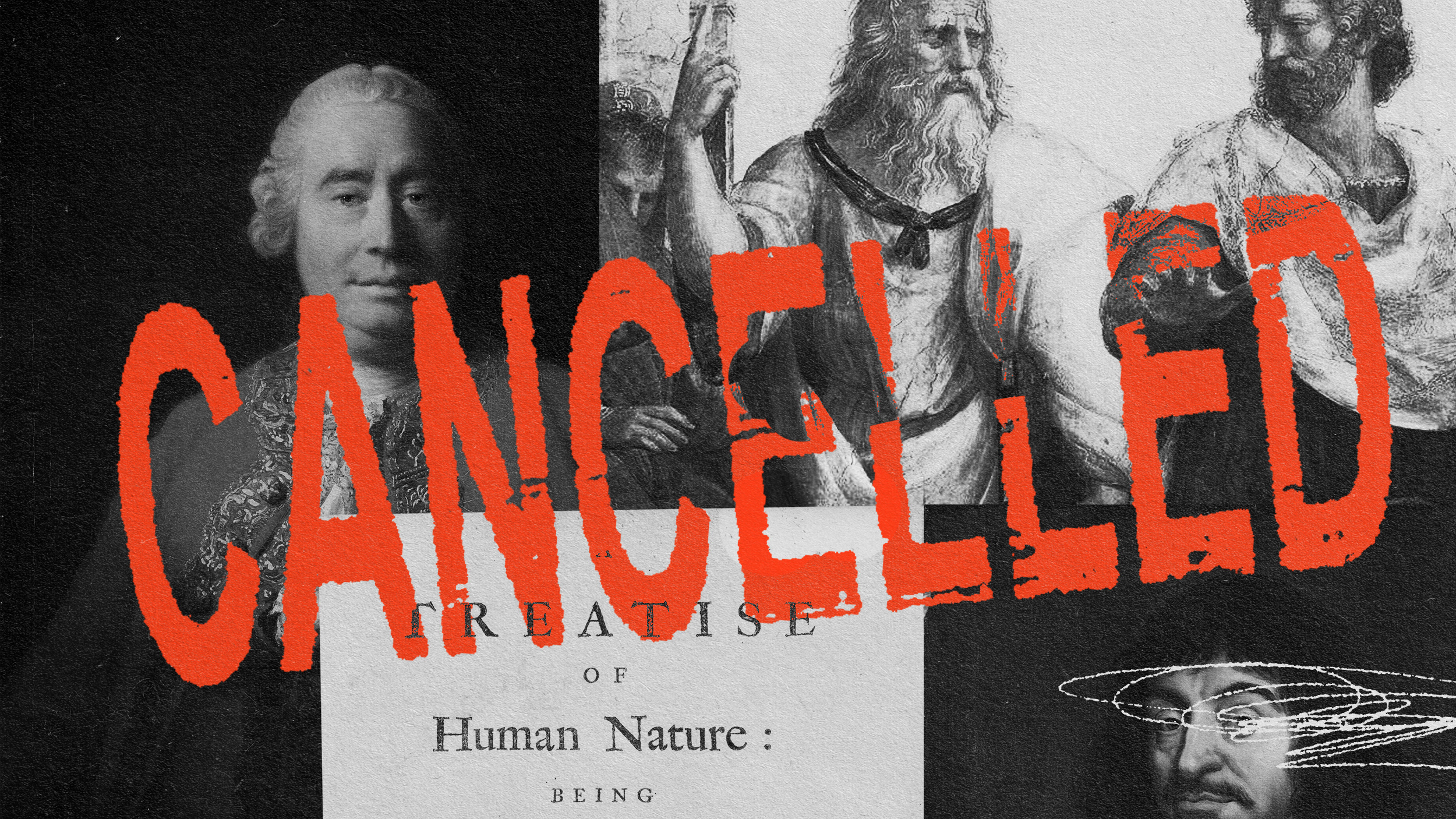Pastor Tim Keller on cosmopolitan religion.
Question: Will Redeemer follow the mega-church model?
Keller: I was in a little church for 10 years in Virginia, blue collar church, small town, small church, about a hundred of people, maybe grew to 200 people and we did all that too but not through programs. When somebody lost a job, we try to help them find a job. If a woman had a child out of wedlock and needed to go to community college to figure out a way, you know, to get marketable skills so she could support herself, somebody in the church would watch the child, somebody in the church would probably come up with the money, you know, the tuition. All these things, just helping people with everything, people in the church who were smarter about how to do conflict management in their marriage would work with a young couple who is about to blow up their marriage, or people who understood financial counseling were always doing financial counseling other people, but it all happen organically because you had a small number of people. In a big church, you have to do it through programs, you have to say, here is the financial counseling ministry, here is the marital communication ministry. So, I’m not sure that mega church necessarily is doing things that much differently than a small organic church, so I’m not sure it’s all that, I don’t think it’s all that revolutionary to do what they’re doing.
Question: How has your religious network changed since you founded Redeemer?
Keller: When Redeemer was a normal-sized church, yes, I hang out with a lot of other ministers and now there’s not a lot of them in New York City actually. But as the church has gotten bigger, we now have a network of, you know, I have a hundred staff people, and in order to be available to my own leaders, I now tend to hang out much more with the people inside the church. I wish that I could do more networking, but the fact is when you hire somebody, they move to the city or they come on your staff from the city, they’re really investing their lives in you and they want the boss this time, otherwise, you’re really not, you know, they put their life on the line to come in. So I have a responsibility to be doing an awful lot of social networking and developing relationships inside the ministries that we have now and there’s a lot of pastors in there. So, now, I’m not as available to the rest of the city as I used to be, I wish I was.
Question: Will your numbers grow with the recession?
Keller: After 9/11, you know, you might remember that the week after 9/11, all churches had this enormous growth and I can tell you exactly what happen to us. We had 2,900 people a week coming. The week after 9/11 we have 5,300, 5,400 people show up. In fact, I had actually, we couldn’t get them all in and I called [inaudible]. At the very beginning of one of the services I said to everybody, “Those of you who can’t get in, come back in two hours and then we’ll do another service.” I walked over to the organist, I walked to the musicians, I said, “Are you going to stick around to do another service after this?” And they said, “Sure.” So, I went back up to the microphone, I said, “Come back in two hours, we’ll do another service,” 8 or 900 people came back. However, even though those numbers went down a bit, Redeemer permanently grew about 6 or 700 people overnight. So, when the numbers came down, we never went back below say 36, 3,700 people and it was because people were in need and therefore they were looking to the church to help them. And my guess is something less dramatic in that but similar to that will happen to us now. Yes, I do think there’ll be numbers, there’ll be a numbers increase but the giving will go down.





